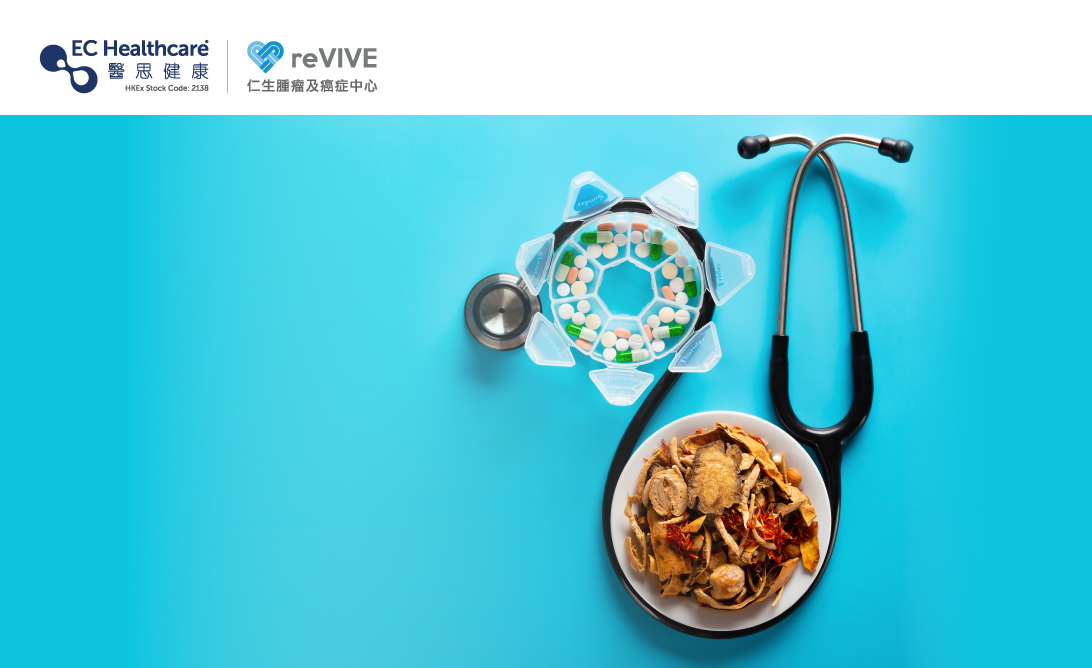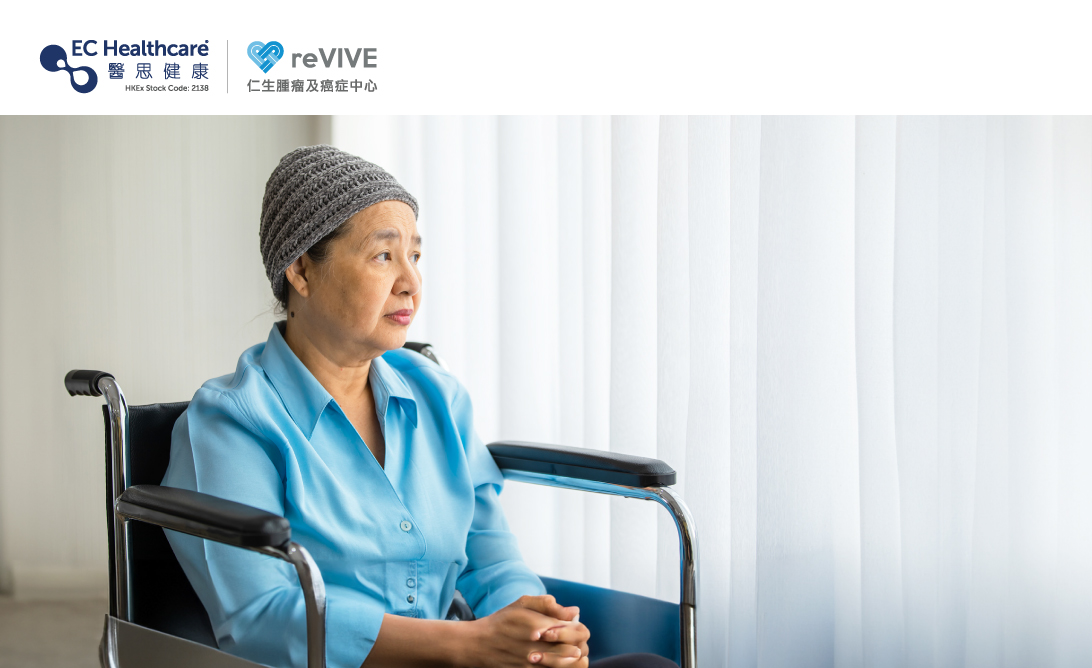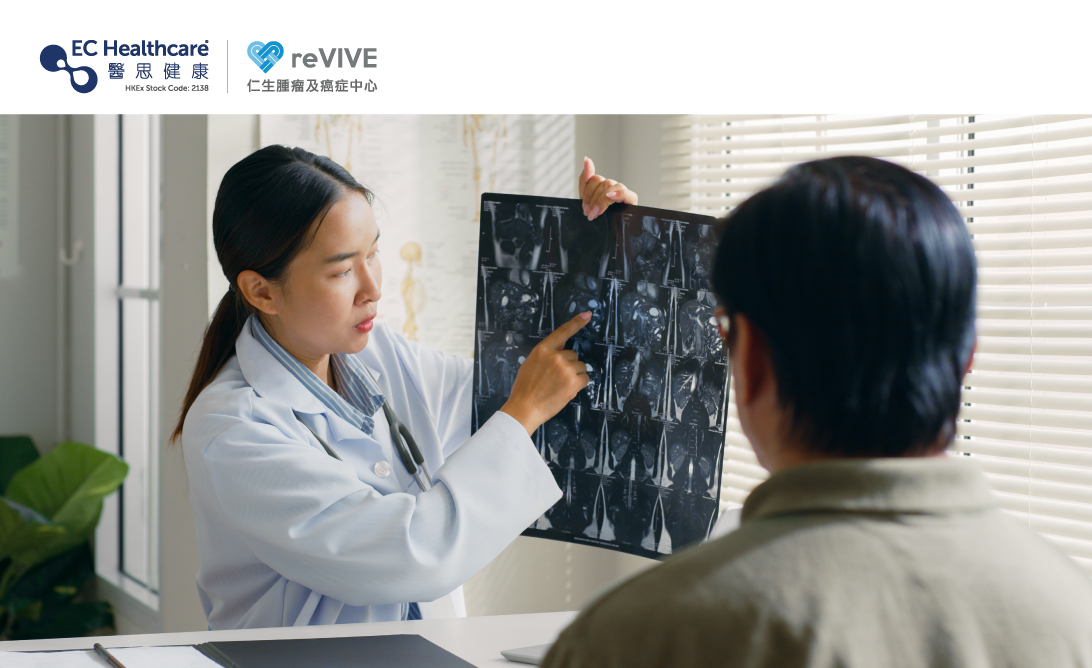Harnessing the Power of East and West: Combining TCM and Western Medicine for Effective Cancer Treatment


When faced with the daunting challenge of cancer, patients often turn to Western medicine, relying on chemotherapy, targeted drugs, and other advanced treatments. However, these methods can bring about a host of unwelcome side effects. On the other hand, Traditional Chinese Medicine (TCM) may not always provide the rapid, precise action needed to combat cancer cells. The question then arises: can blending these two approaches offer a more effective solution for cancer treatment? And what part do TCM practitioners play in this dynamic healing journey?
Western Medicine Takes the Lead, While Traditional Chinese Medicine Plays a Supporting Role
Over the past decade, Western medicine has made incredible strides in cancer treatment, with the emergence of targeted therapies and immunotherapies that fall under the umbrella of precision medicine. When dealing with various types of cancer, such as lung, colon, and breast cancer, doctors may perform tumour gene tests to determine the best course of action, whether that be selecting the most suitable targeted drug for the patient or evaluating the response to immunotherapy. Targeted drugs can target tumour cells and bring the disease under significant control.
However, there are times when tumours can develop genetic mutations, causing targeted drugs to lose their effectiveness over time. This can result in patients having to undergo painful chemotherapy treatments. Yet, during this lengthy and challenging process, TCM can step in to help patients manage their symptoms and reduce the negative effects of treatment, offering lifestyle adjustments that help alleviate side effects and provide relief from adverse reactions.
When TCM is used as a complementary therapy, practitioners assess the patient's overall condition through the 'Four Examinations' - observing physical characteristics, listening to the sound of their voice, asking about symptoms and medical history, and taking their pulse. Based on the severity of the cancer and the Western medicine treatment plan, including the stage of the cancer and any ongoing treatments causing side effects such as fatigue, bloating or sleep disturbances, TCM practitioners create a personalized treatment plan. Unlike Western medicine's sole reliance on targeted drugs, TCM utilizes different medicines at different stages of the patient's illness, including 'anti-cancer Chinese medicines', to alleviate symptoms associated with cancer and its treatment, providing a more comprehensive approach to cancer care.
Enhancing Cancer Care: The Power of TCM Adjustments to Improve Quality of Life
Patients undergoing chemotherapy, targeted therapy, or other treatments may experience a range of unpleasant symptoms, including gastrointestinal discomfort, hair loss, dry mouth, mouth ulcers, diarrhoea, constipation, fatigue, and weight loss. These symptoms not only diminish the patient's quality of life but also contribute to psychological issues that can worsen the disease.
Related Brands










